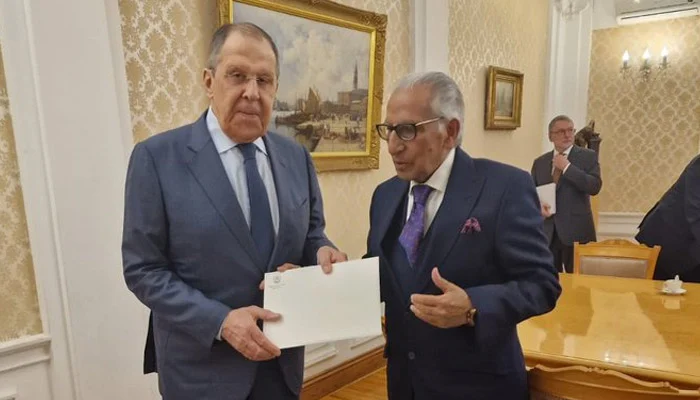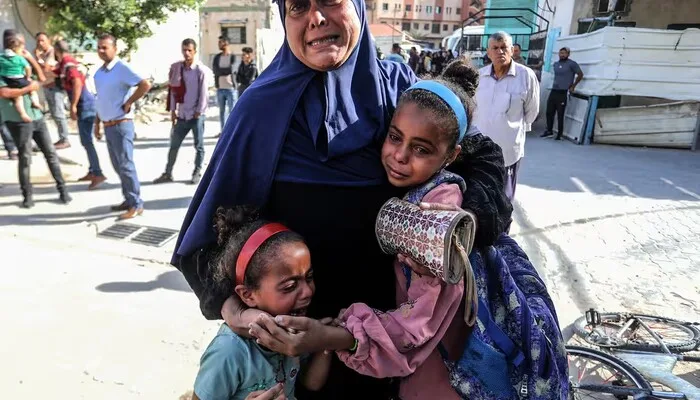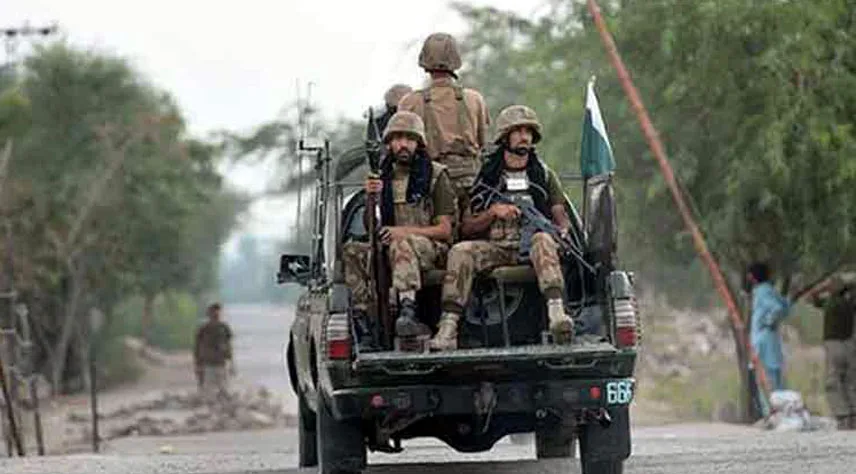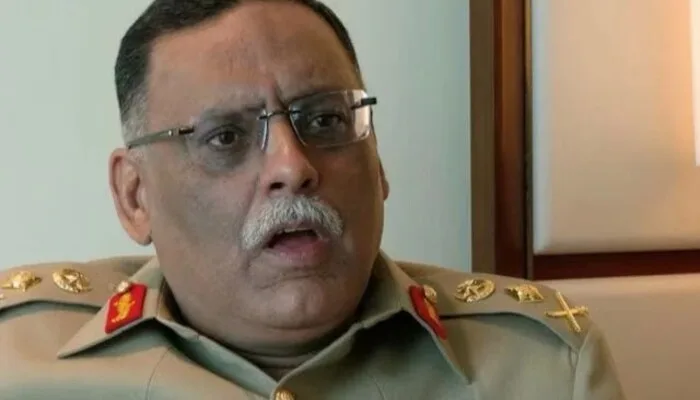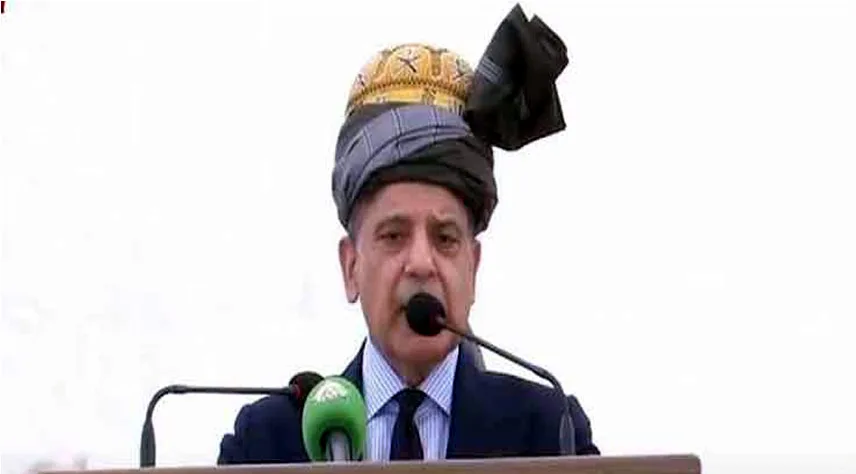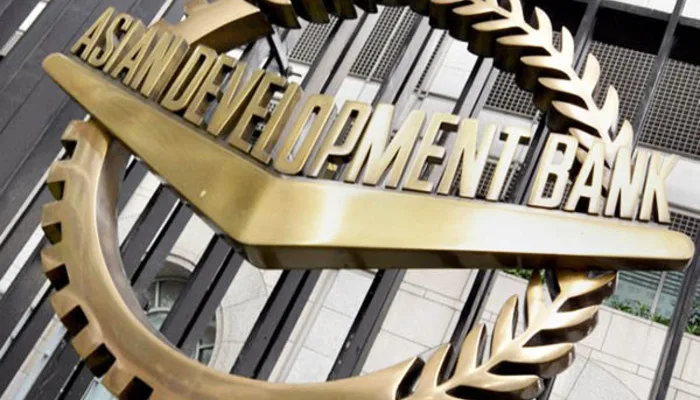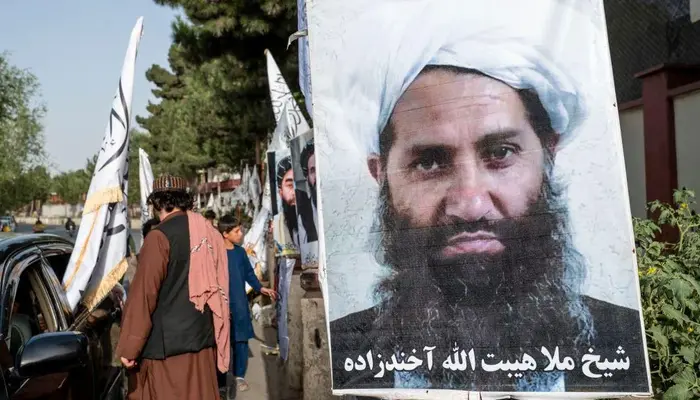
The International Criminal Court (ICC) is pushing for the arrest of senior Taliban leaders, accusing them of crimes against humanity for their systematic persecution of Afghan women and girls. ICC prosecutor Karim Khan has identified Taliban Supreme Leader Haibatullah Akhundzada and Chief Justice Abdul Hakim Haqqani as key figures responsible for enforcing oppressive policies since the Taliban’s return to power in 2021.
Grounds for Arrest
Karim Khan stated there is sufficient evidence to hold Akhundzada and Haqqani accountable for crimes against humanity based on gender persecution. He accused the leaders of orchestrating widespread oppression, including acts of torture, imprisonment, rape, enforced disappearances, and murder targeting women and girls.
The ICC is intervening due to the Taliban’s inability to prosecute these crimes. Judges at the court will now decide whether to issue arrest warrants for the two leaders.
Systematic Oppression
Since the Taliban reclaimed power in August 2021, Afghan women and girls have faced relentless restrictions under newly imposed “morality laws.” They have lost basic rights, including access to education, employment, and public spaces. Afghanistan is now the only country where girls are banned from attending secondary and higher education. An estimated 1.5 million girls have been deliberately deprived of schooling.
Women are also barred from parks, gyms, and beauty salons.
Read: Trump Halts Refugee Resettlement Program, Thousands Stranded
The Taliban’s Leadership
Haibatullah Akhundzada, who has led the Taliban since 2016, holds ultimate authority over the Islamic Emirate of Afghanistan. His rise to power followed years of involvement in Islamist movements, including fighting against Soviet forces in the 1980s.
Abdul Hakim Haqqani, a close associate of Taliban founder Mullah Omar, played a key role in negotiating with the U.S. during the 2020 peace talks. Both leaders are now at the center of the ICC’s allegations.
Global Response
The Taliban government has not yet commented on the ICC’s statement. Since regaining power, the Taliban has faced international criticism for its draconian policies. However, no foreign government has formally recognized its regime.
Human rights organizations have repeatedly condemned the Taliban’s treatment of women. The ICC’s move to pursue arrest warrants is seen as a critical step in holding the regime accountable for its actions.
A Call for Justice
The ICC’s decision reflects growing global concern over the plight of Afghan women and girls. If the court issues arrest warrants, it would mark a significant milestone in the fight against gender-based persecution in Afghanistan. The world awaits action to address the ongoing humanitarian crisis and to ensure justice for millions of Afghan women suffering under the Taliban’s rule.
Follow us on Google News, Instagram, YouTube, Facebook,Whats App, and TikTok for latest updates




